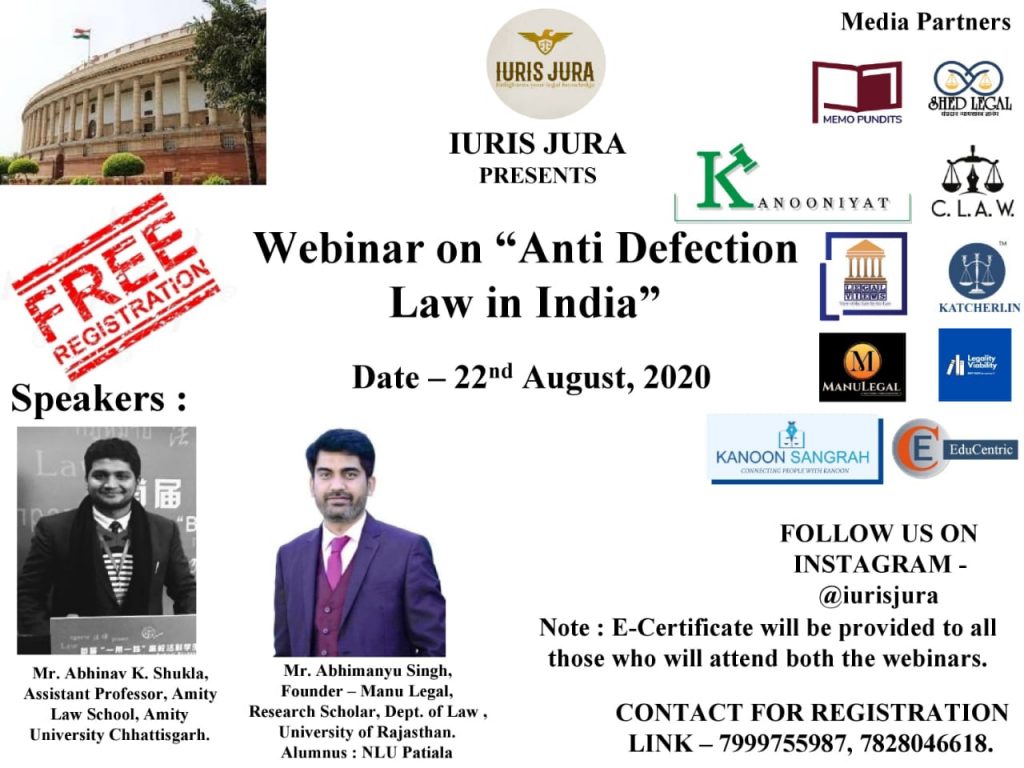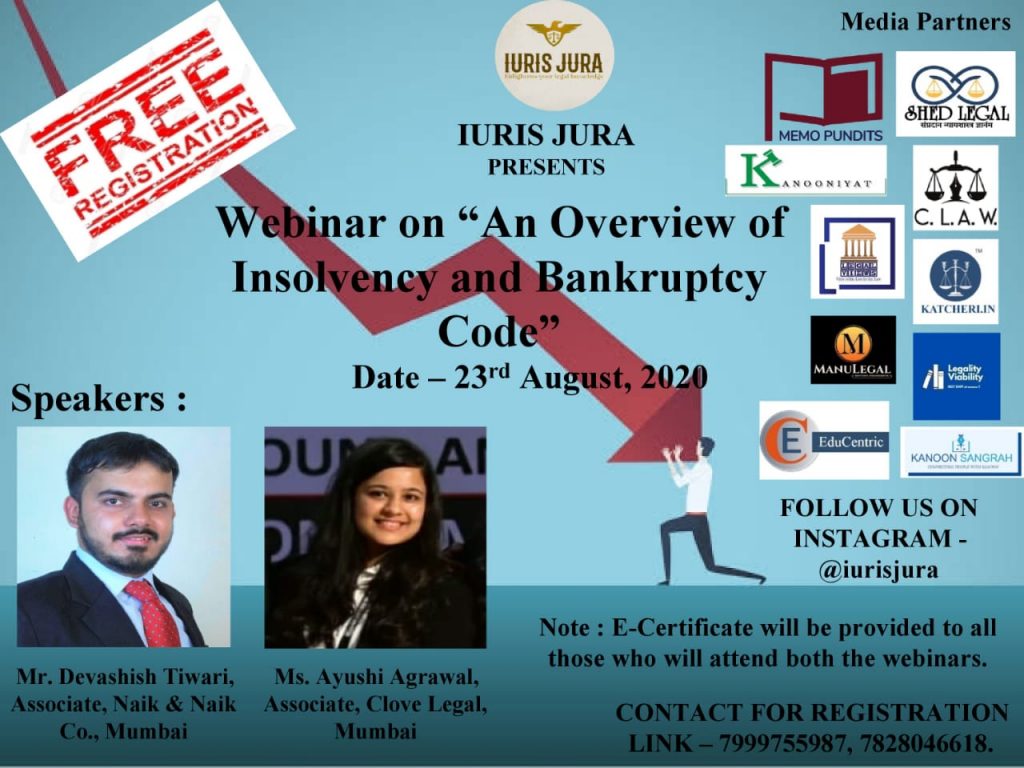ABOUT LAWSCHOLE
From the beginning, Lawschole has been driven by the interests and involvement of our incredible and engaged law students. We are a great resource, offering opportunities for students to be active in a variety of topics and to engage with each other in an interesting and safe online environment. It is a forum where law students can share thoughts, seek opinions and advice, and learn something new from other members of the forum. We are a hub of various events including webinars, various competitions, capsule and Online Certification courses, Moot Court Competition Series- we call it “THE PRACS SERIES”, and blogs.
ABOUT THE CERTIFICATE COURSE ON CV WRITING
The Certificate course on CV Writing consists of 3 (Three) Modules and 8 hours live classes, which shall be made accessible to the enrolled students from the “My Courses” section from September 2 to October 1. The students must submit the “Assignment” which will be assigned on September 20 to be eligible for the issuance of the Certificate. By the end of this course, you will be able to make an effective CV which will help you secure your dream job/ internship.
COURSE REVIEWER:
APRAJITA BHARDWAJ, FOUNDER, LAWSCHOLE
COURSE STRUCTURE
WEEK 1
MODULE-I: Introduction to CV Writing
a. What is a CV?
b. Difference between a CV and a resume
c. Personalized CV Writing Sessions
WEEK 2
MODULE-II: Writing effective CV
a. Components to include in a CV
b. What makes an effective cover letter and a CV?
c. How can your CV help you land your dream job/ internship?
d. Personalized CV Writing Sessions
WEEK 3
MODULE-III: Case study
a. Templates of effective resumes and cover letters
b. Biggest mistakes that candidates make in their CVs / Resumes
c.One to one Interaction
d. Personalized CV Writing Sessions
WEEK 4
MODULE-IV: Assignment
Submit your Assignment- DUE DATE 29 SEPTEMBER (CERTIFICATE WILL ONLY BE ISSUED ONCE YOU SUBMIT THE ASSIGNMENT)
REGISTRATION FEES
COURSE FEE- RS. 599/-
You can submit the Registration fee via PayTm UPI Money Transfer, Bhim UPI, or Gpay by using the following UPI ID OR SCANNING THE QR CODE GIVEN ON OUR WEBSITE https://www.lawschole.com/courses (PLEASE NOTE: We DO NOT accept payments in Paytm Wallet. Make sure the transfer is a UPI MONEY TRANSFER.)
UPI ID- aprajitabhardwaj18@okicici
or,
PAYTM UPI ID- 7461015926@paytm
ENROLL HERE
FROM OUR WEBSITE- https://www.lawschole.com/courses
OR, FROM THE GOOGLE FORM- https://forms.gle/AzaYv7xvxxZkaXAy9
IMPORTANT DATES:
LAST DATE OF REGISTRATION- AUGUST 25, 2020
BATCH STARTS- SEPTEMBER 2, 2020
MODULES ACCESSIBLE FROM- SEPTEMBER 2, 2020
ASSIGNMENT DUE DATE- SEPTEMBER 29, 2020
ISSUANCE OF CERTIFICATE- OCTOBER 5, 2020

